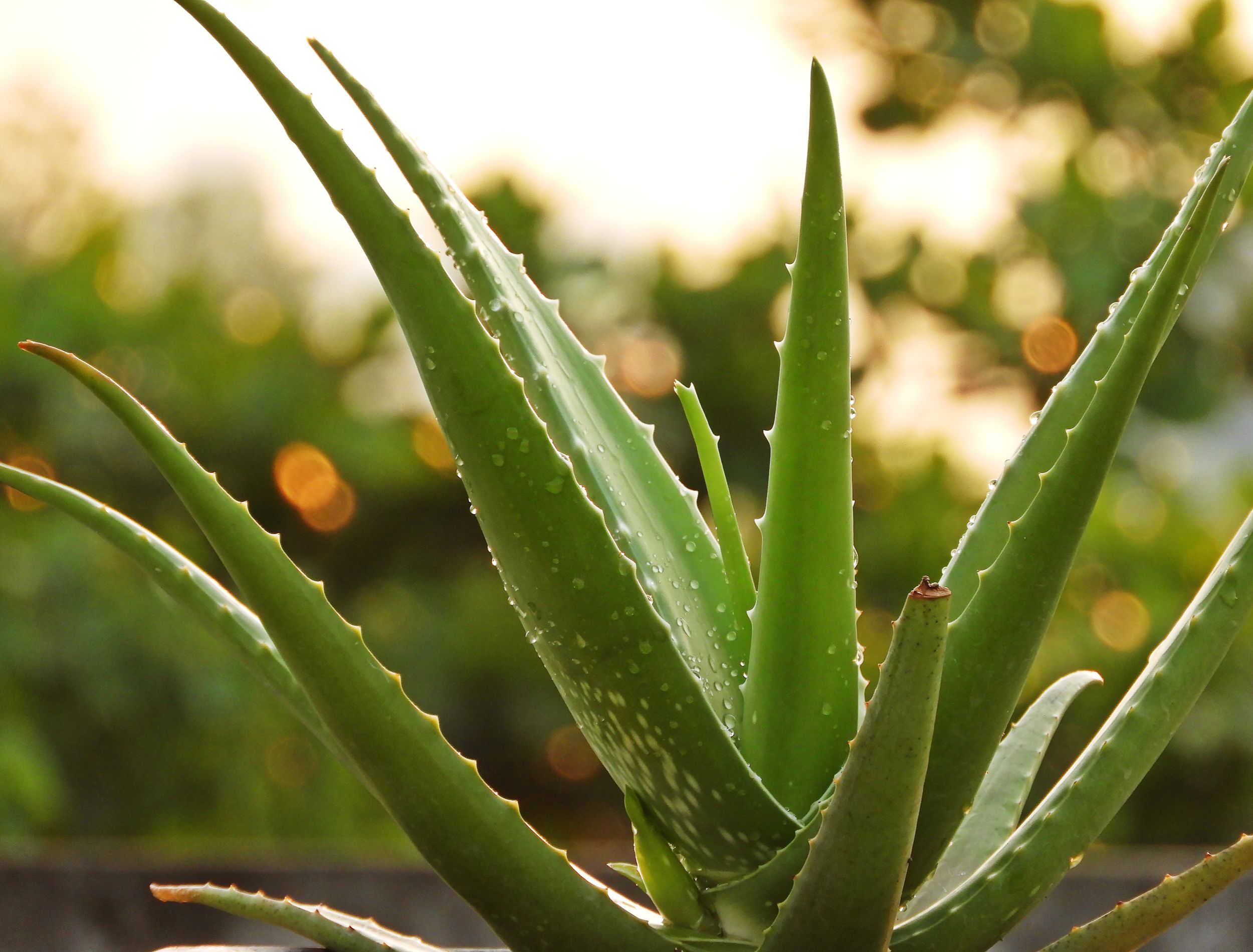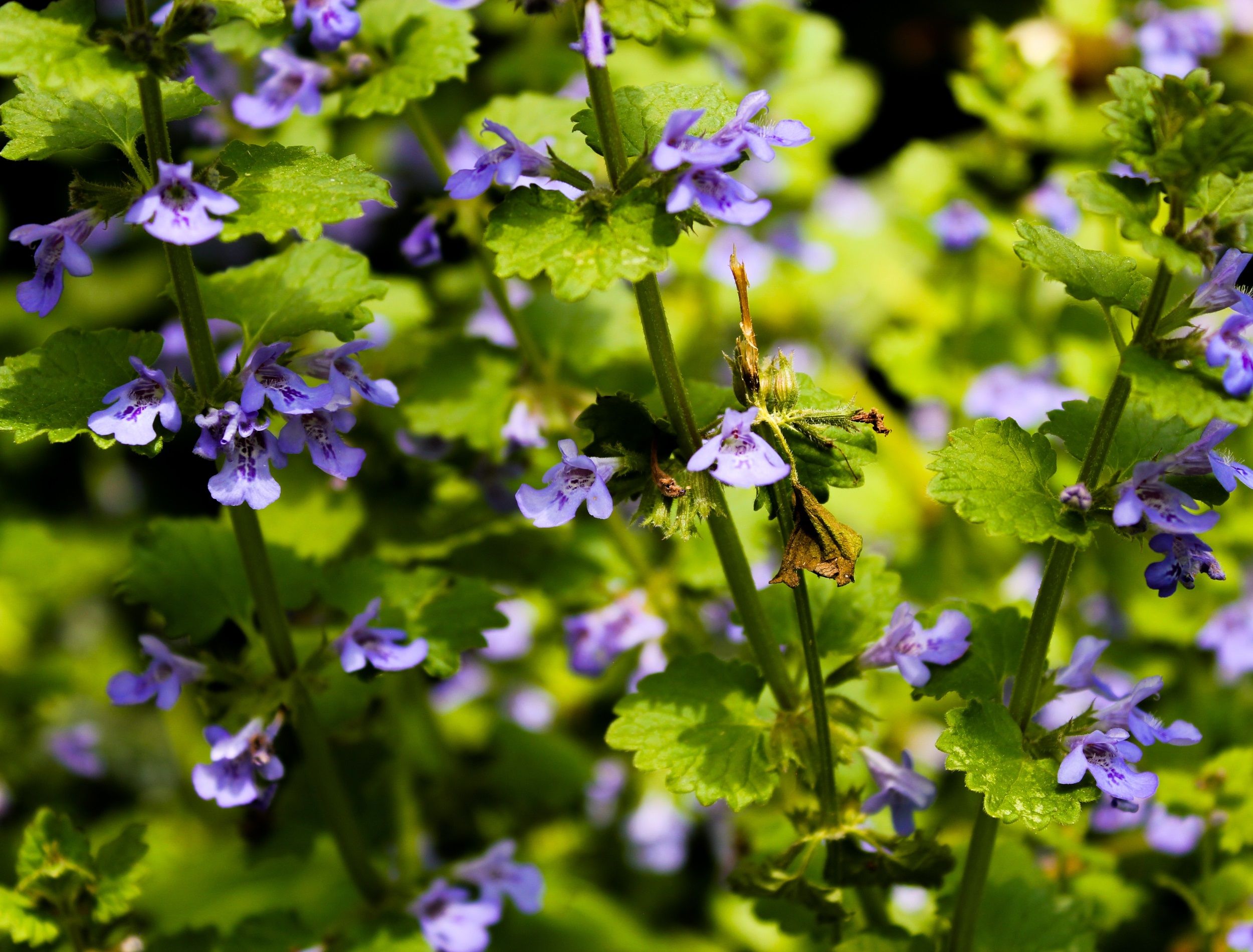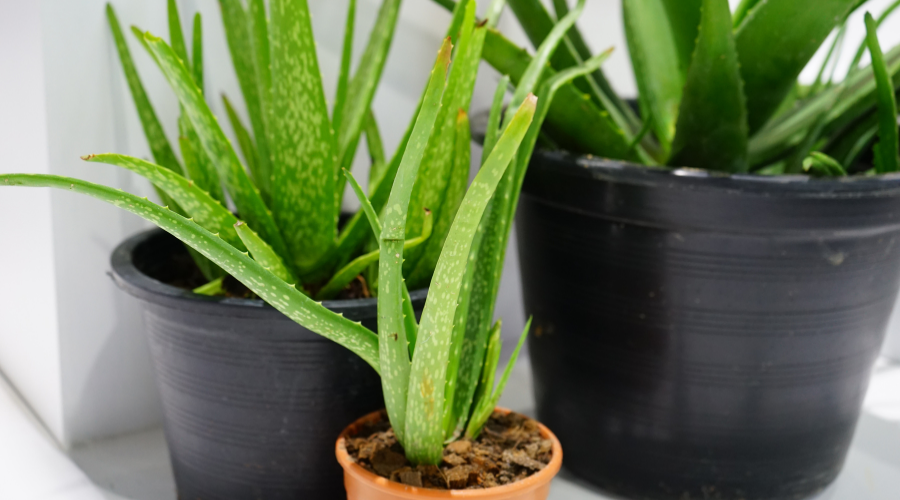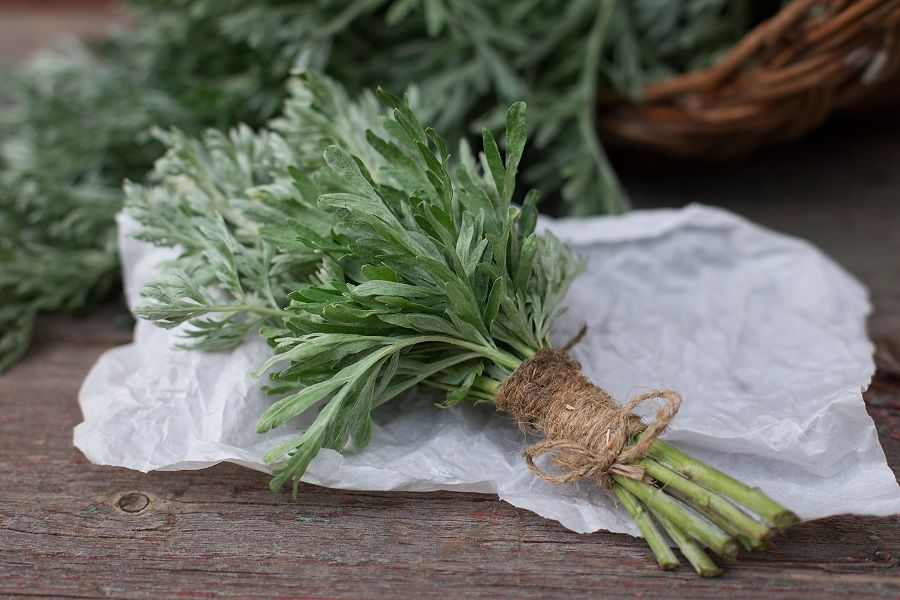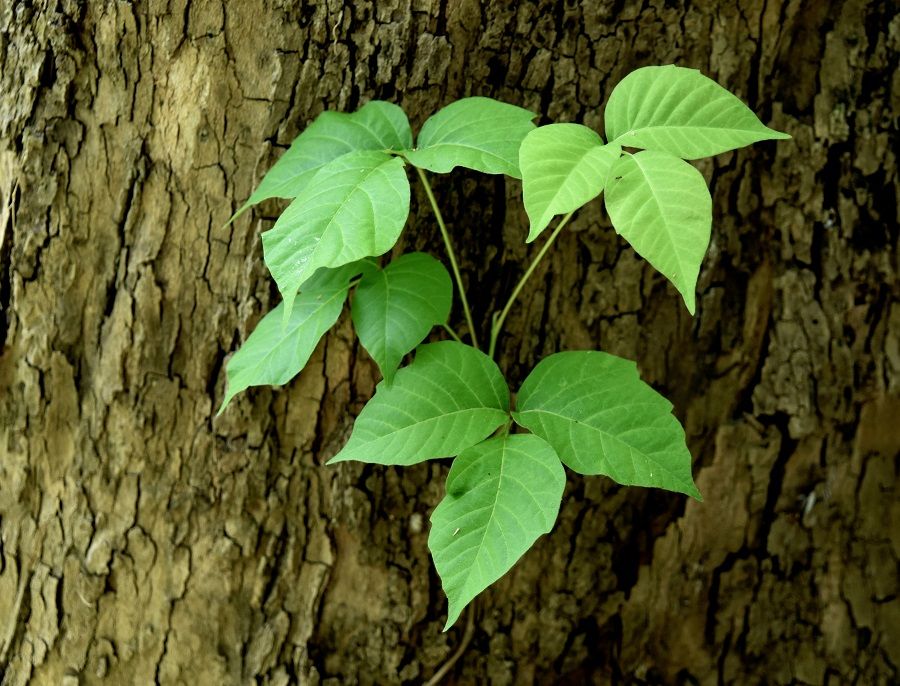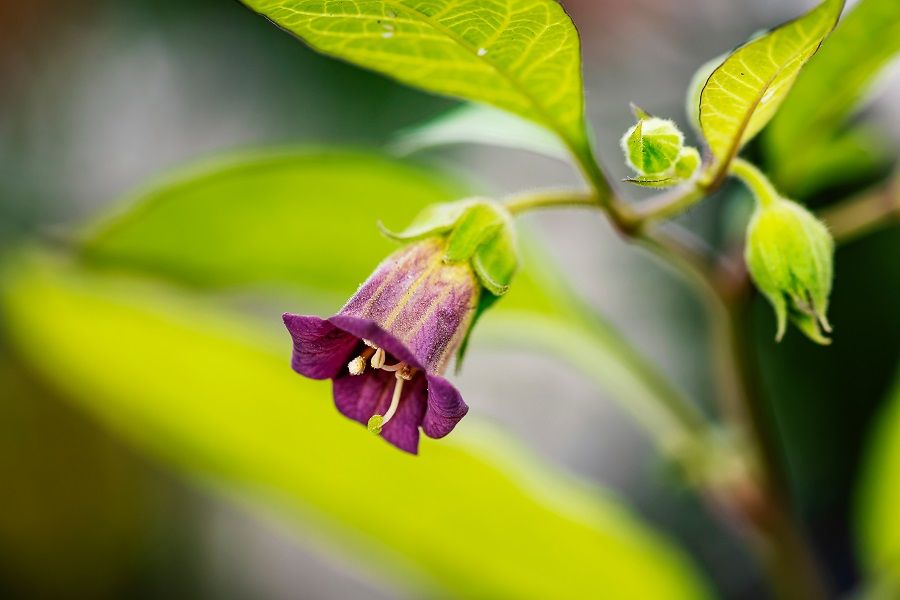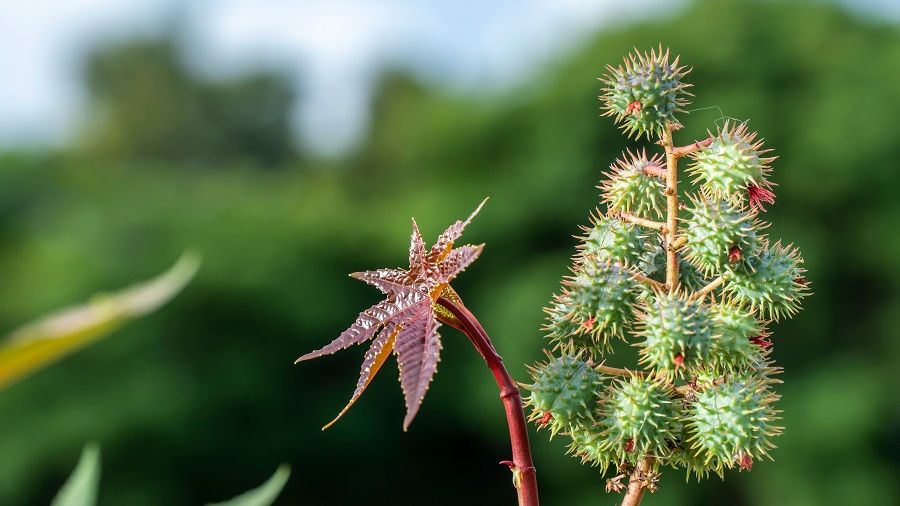There are a lot of plant options out there for your garden but not all of them are created equal! Some plants are known for being high maintenance, while others have a reputation for being invasive. So, before you head to the nursery and buy any old plant, it's important to do your research.
To help you out, we've put together a list of seven common plants that you should avoid buying for your garden. Trust us, your garden will thank you!
Creeping Charlie
Image credit: JW Purcell via Shutterstock
Creeping Charlie is a fast-spreading, ground cover plant that is commonly found in shady areas. This plant can quickly take over gardens and lawns, crowding out other plants and causing problems for homeowners.
This plant spreads rapidly through both seeds and runners (roots that spread just below the soil surface). Once established, it is very difficult to control.
This plant also has a deep root system that makes it difficult to pull out by hand. If you try to dig it out, you will likely end up breaking the roots and leaving behind pieces that will quickly regrow.
If you are looking for a ground cover for your garden, there are many other options available that will not cause the problems that creeping charlie does. Do your research and choose a plant that is right for your particular gardening situation.
Aloe Vera
Image credits: Supersmario via Canva
Aloe vera is a succulent plant that is popular for its healing properties. The gel from the aloe vera plant is often used to treat burns and cuts but it's also said to have anti-inflammatory, antifungal, and antibacterial properties.
While aloe vera may have some benefits, you should not buy it for your garden. Aloe vera can be invasive and difficult to control. If you live in an area where it is not native, aloe vera can escape gardens and become a nuisance. Aloe vera can also be toxic to pets and children if they eat it.
Mint
Image credits: ChrisCCP via Canva
If you're looking for a plant to add to your garden, you might be tempted to buy mint. After all, it's easy to find and it's relatively inexpensive. Plus, it smells nice! But before you add mint to your garden, there are a few things you should know.
Mint has a tendency to attract bees and other insects. So, if you're allergic to bee stings or just don't like insects in general, mint might not be the best choice for your garden.
For one thing, mint is incredibly invasive. Once it takes root, it will spread rapidly and take over all other plants in its path. If you have a small garden, this could be a problem; mint can be a bit difficult to control. If you let it go, it will quickly take over your garden.
So, if you're not prepared to put in the work to keep it under control, mint might not be the right plant for you.
Mugwort
Image credits: vo_studiovia Shutterstock
Mugwort is a fast-growing weed that resembles common Ragweed. It has dark green leaves and produces small yellow flowers in summer. Mugwort can spread rapidly through its root system and is very challenging to control. This plant is also known for causing allergic reactions in some people, and can be toxic to humans and animals if ingested in large quantities. For these reasons, it's best to avoid planting mugwort in your garden.
If you already have mugwort growing in your garden, you'll need to take steps to control it. If the infestation is large or spreading rapidly, you may need to use an herbicide. Be sure to read and follow all label instructions carefully when using any type of herbicide.
Poison Ivy
Image credits: Kyle Selcer via Shutterstock
Now this is a plant we've all most likely come into contact with before. Poison ivy is a dangerous plant that should be avoided at all costs. It has bright green leaves that turn red in fall and produces small white flowers in summer. Poison ivy is extremely poisonous and can cause severe skin reactions in some people. If you come into contact with this plant, it's important to wash the area immediately with soap and water. Be cautious not to touch any other parts of your body as the irritating oils of this plant can easily spread.
Belladonna
Image credits: Fabrizio Guarisco via Shutterstock
Belladonna, also known as deadly nightshade, is a poisonous plant that can be found in many gardens. The plant gets its name from the Italian word for beautiful woman, Bella Donna. This is because the plant was once used as a cosmetic to make women's eyes look more alluring and beautiful.
The plant contains tropane alkaloids which are extremely poisonous. These alkaloids can cause hallucinations, delirium, and even death if ingested in large quantities. Even touching the plant can cause skin irritation in some people.
So, why would anyone want to grow this dangerous plant in their garden? Well, some people believe that the belladonna plant has magical properties used in spiritual practices. Others simply find it to be an interesting conversation piece.
Castor Beans
Image credits: Irfan M Nur via Shutterstock
Although Castor Beans have many uses, they are not something that you should buy for your garden. First of all, they are very poisonous and can be deadly if ingested.
Secondly, they can be a nuisance to other plants in your garden as they are known to attract weevils.
Finally, the plants can grow quite large and may crowd out other plants in your garden. If you do decide to grow Castor Beans, be sure to plant them in a location where they will not come into contact with other plants or people.
Watch Out!
Now that you know which plants to avoid, it's time to watch out for the right plants! Keeping these seven plants out of your yard will keep your garden happy!
Do you have any tips or tricks for new gardeners? Let us know in the comments below. And be sure to check back daily for more gardening advice. Happy planting!

